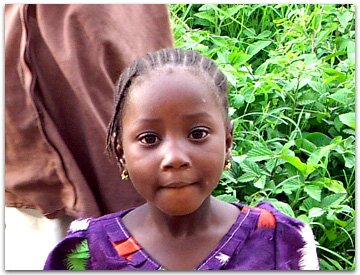STAR Sierra Leone
Since the first HIV/AIDS case was detected in 1987, 2,399 individuals have tested positive for HIV/AIDS, 794 of whom have developed the AIDS disease, 438 are reported to have died and the rest await development of the disease. Consequently, recent surveys continue to reveal alarming statistics about the rate of infection among various segments of the Sierra Leonean society
Lack of access to sex-education and reproductive health, limited knowledge on the existence and transmission of AIDS/STDs, strong religious beliefs and traditional ties are also some of the factors that contribute to the increase in HIV/AIDS in the country. The STAR project engages in addressing the effects of the above scenario on HIV/AIDS, by setting up strategies to reduce its further spread and mitigating its social and economic impact. This work is meant to strengthen the existing community HIV/AIDS interventions. It builds on lessons learnt and uses best practices of community response. Therefore, the STAR approach enables communities to analyse and respond to issues that affect them and emphasize on building relationships and addressing gender issues through participatory approaches.
The project targets children, adolescents, youth, mothers and commercial sex workers, because the prevalence and mortality of HIV/AIDS among these groups tends to be higher than the general population. The primary beneficiaries are people living with HIV/AIDS, whose rights and those of their families are frequently violated because they are known, or presumed to have HIV/AIDS. This violation of rights hinders the response and increases the negative impact of the epidemic.
Moreover, women are specifically targeted because they are exposed to a bigger share of the atrocities during the war. Many were sexually abused and held as sex slaves thus getting exposed to sexually transmitted infections and the HIV virus. .
Conducting STAR circles has increased the number of literates; improved awareness of HIV/AIDS among all categories of the community especially the youth; has enhanced the experience in STAR Circle facilitation and increased facilitation on wider community development issues. 32 community representatives (16 men and 16 women) were selected for a two-day training in community baseline studies focusing the attainment of skills like listening, observation, counting, recording data, interviewing and discussion of questionnaires.
In ten communities, community members have participated in providing support to STAR circles through the provision of farm plots, attending and actively contributing ideas and local resource, including human labour for the accomplishment of action points.

